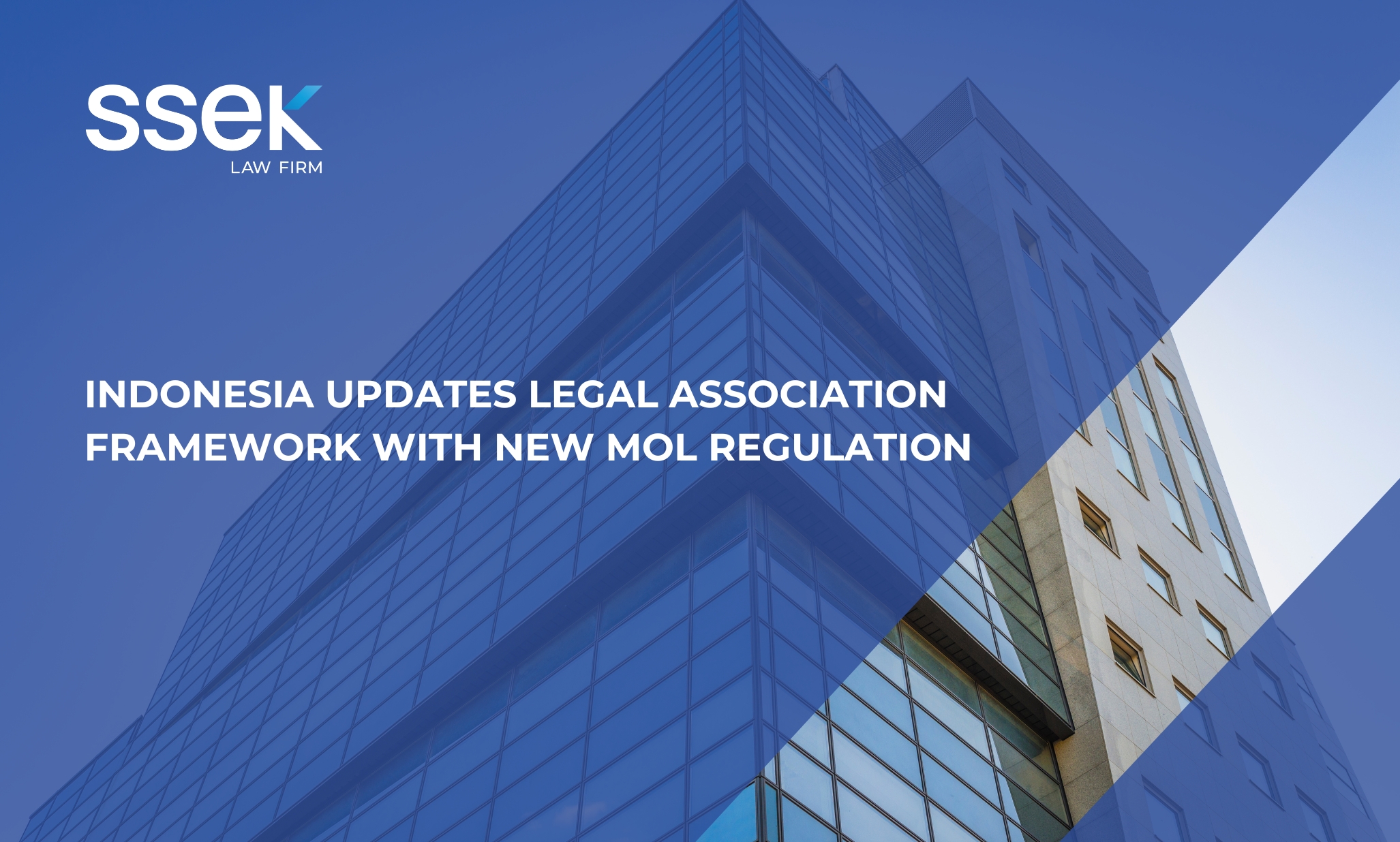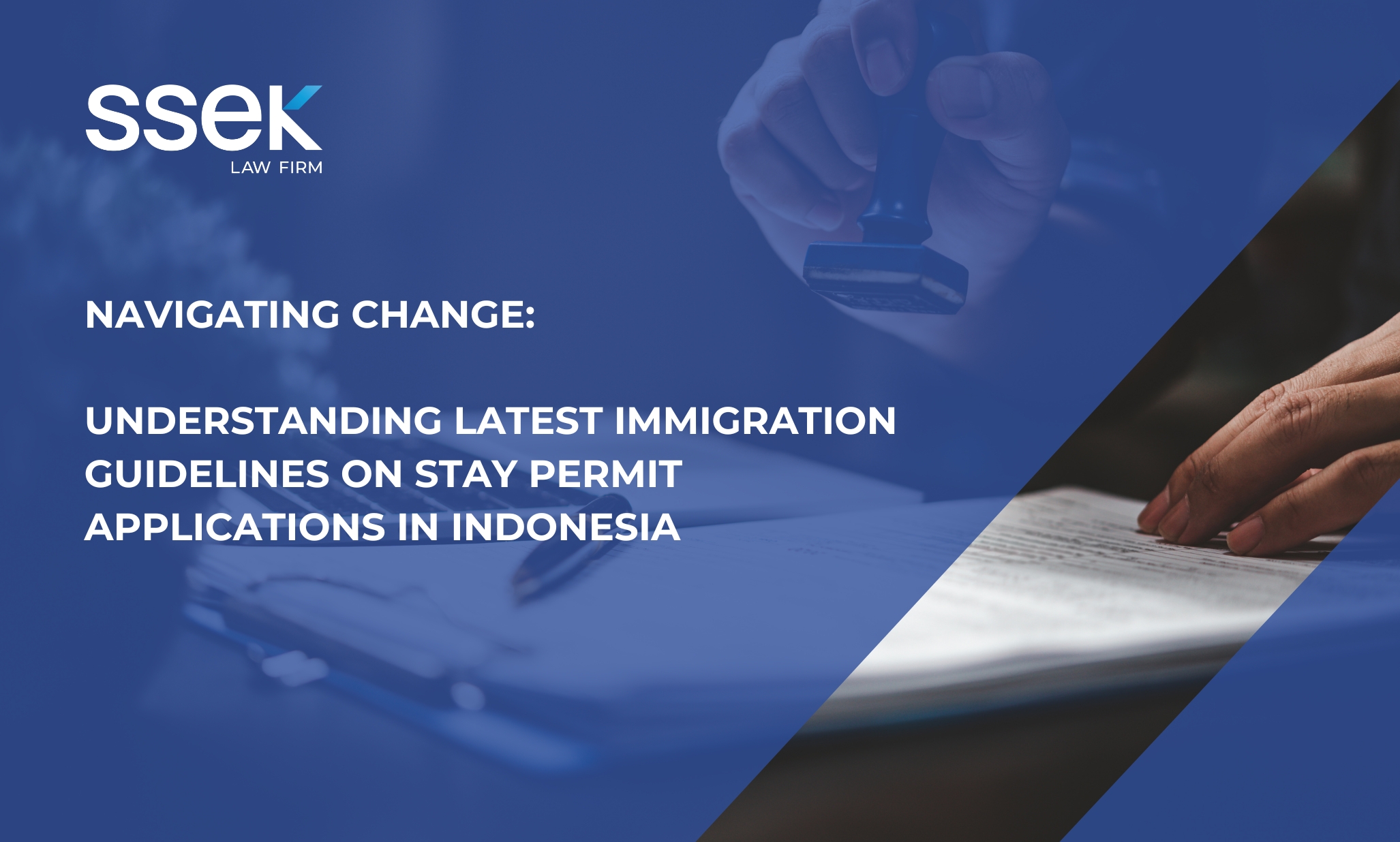

The Government of Indonesia (GOI) recently issued a package of economic policies designed to remove irrelevant requirements and to deregulate and spur the growth of the Indonesian economy. The result is that more than 31 percent of licensing processes at the Ministry of Trade (MOT) were eliminated by deleting unnecessary examination procedures at more than 15 licensing ministries and government entities.
Licenses
The economic packages mandate the MOT to eliminate the requirement for business actors to secure 38 licenses that involve 20 ministries and government bodies. The 38 licenses include four types of registered exporter designations, or Eksportir Terdaftar (ET), 21 types of import registration requirements, or Izin Importir Terdaftar (IT), and 30 types of producer importer licenses.
To increase the efficiency of the bureaucracy in issuing licenses, an Indonesian National Single Window (INSW) was launched, creating a single electronic counter to process export and import licenses. The INSW gives business actors one electronic location to submit applications and through which the GOI can then process the applications and grant the licenses.
Special Importer Identification Number
A. MOT Regulation No. 50/M-DAG/PER/7/2015 regarding Revocation of Ministry of Industry and Trade Decision No. 141/MPP/KEP/3/2002 regarding Special Importer Identification Number as amended by MOT Regulation No. 07/M-DAG/PER/3/2008 (MOT Reg 50/2015): MOT 50/2015 removed the requirement for business entities to secure a Special Importer Identification Number, called an NPIK, and replaced Ministry of Industry and Trade Decision No. 141/MPP/KEP/5/2002 and its amendment, MOT Regulation No. 07/M-DAG/PER/3/2008, which required an NPIK to be obtained.
To put the importance of this change in perspective, 16,900 NPIKs were obtained for importers from 2002 to mid-2015. Before MOT Reg 50/2015 was issued, importers were required to obtain import licenses without a clear directive to obtain the license before importation.
In practice, importers usually arranged for goods to be imported first and applied for the required license later, causing delays in import clearances for all importers. The purpose of MOT Reg 50/2015 is to expedite processing time by requiring importers to first secure an import license before the imported goods arrive in the Indonesian customs area.
B. Prior to the issuance of MOT Reg No. 50 of 2015, the MOT issued MOT Reg No.48/M-DAG/PER/7/2015 on General Provisions regarding Importation (MOT Reg 48/2015). Essentially, MOT Reg 48/2015 requires importers to obtain an Import Identification Number, or Angka Pengenal Importir (API), before imported goods arrive in the Indonesian customs area.
If the imported goods are classified as Import Restricted Goods, in addition to the API, the relevant importer must also obtain other types of importation licenses, namely: (i) a Producer-Importer Acknowledgement; (ii) a Registered-Importer License; (iii) an Importation Approval; (iv) a Surveyor Report; and/or (v) other importation licenses.
If an importer fails to secure the required import licenses before the imported goods arrive in the Indonesian customs area, the importer's API will be suspended and the importer must re-export such imported goods.
This article is from SSEK's Indonesian Legal Review, which looks at recent legal and regulatory developments in almost 50 sectors, from Airports to Tourism. This publication is intended for informational purposes only and does not constitute legal advice. Any reliance on the material contained herein is at the user's own risk. You should contact a lawyer in your jurisdiction if you require legal advice. All SSEK publications are copyrighted and may not be reproduced without the express written consent of SSEK.









